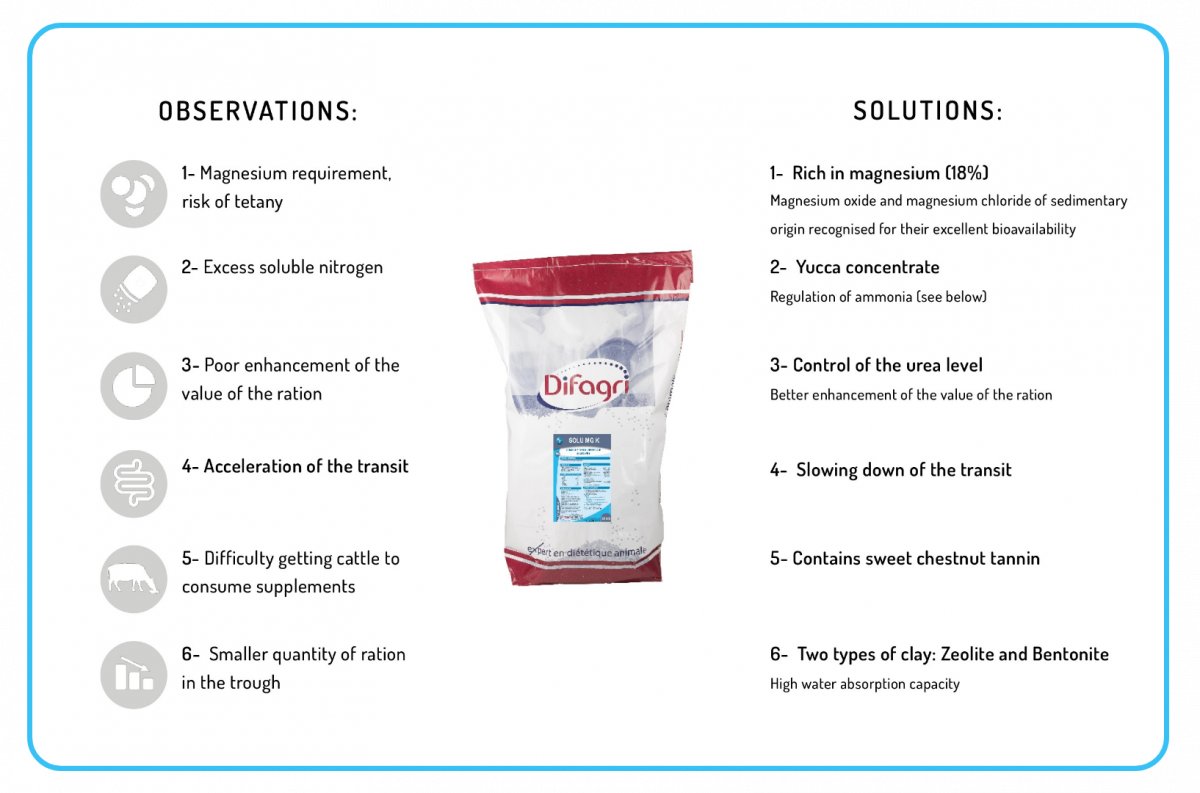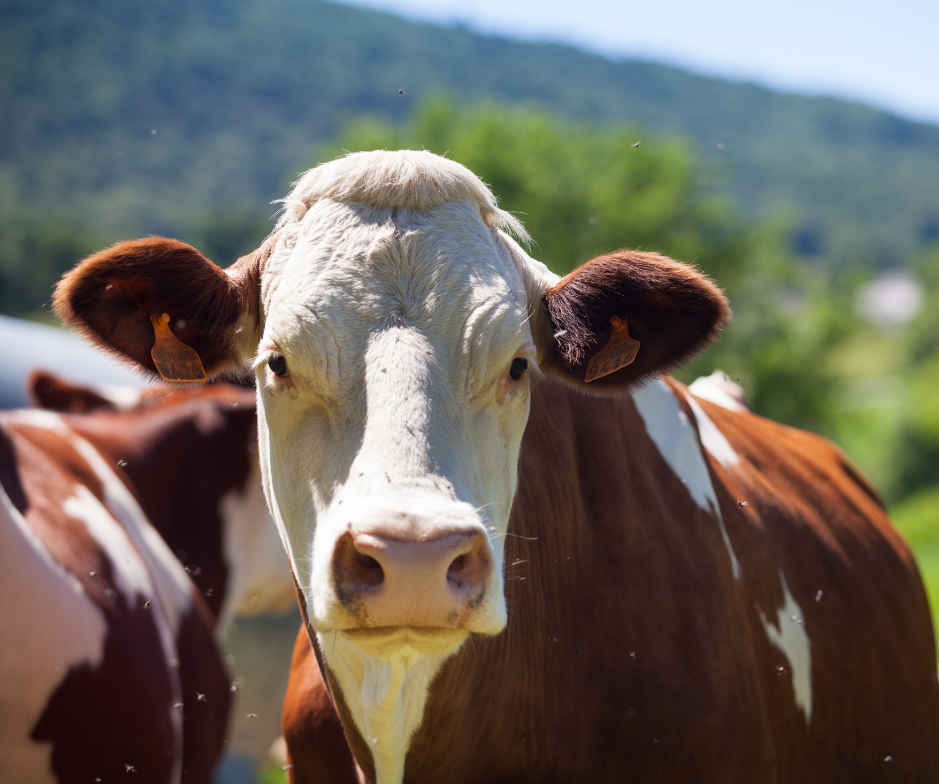What is grass tetany?
Grass tetany, also known as hypomagnesemic tetany, is a metabolic disease that can affect grazing animals and especially ruminants, in particular dairy females.
It occurs at grazing time and after ingestion of large quantities of young grass shoots. It is caused by ionic imbalances in the blood serum, which can lead to muscle spasms, agitation and sometimes even convulsions.
Dairy cows are particularly susceptible to grass tetany because of their increased demand for calcium for milk production. Grass tetany can lead to reduced milk production and lower milk quality.
What are the symptoms and contributing factors to the onset of grass tetany?
Grass tetany is particularly characterised by a reduction in blood magnesium levels. In general, nervous symptoms are responsible for the onset of the disease in the animal.
– Neuromuscular hyperexcitability;
– Behavioural disorders;
– Locomotor disorders;
– Stiffness of gait;
– Poor coordination of movements;
– Teeth grinding and seizures.
Stress can increase the susceptibility of dairy cows to grass tetany by disrupting the body’s electrolyte balance.
Consequences
Grass tetany can have significant consequences for dairy cows and milk production. These include:
1. Loss of milk production: grass tetany can reduce the milk production of cows as it affects their ability to feed properly and metabolise nutrients.
2. Weight loss: Cows suffering from grass tetany may lose weight due to reduced feed intake and increased stress levels.
3. Decreased milk quality: this disease can lead to a decrease in milk quality due to the disruption of the cows’ metabolism.
4. Mortality: in severe cases of grass tetany, there may be mortality among the dairy cows.
5. Decreased overall profitability of the dairy farm: due to the costs associated with the loss of milk production, mortality and treatment.
It is therefore important to take measures to prevent grass tetany to protect the health and production of dairy cows.
Good practices
Grazing is always a complicated time for animals and farmers. To reduce the risk of tetany during this period, it is essential to take certain preventive measures:
1. Monitor the quality of the grass and ensure a balanced diet: the animals must have access to a diet that includes sufficient magnesium and calcium.
2. Offer the animals, in addition to the grazing, a fibre-based meal in order to slow down the transit and enhance the value of the total ration.
3. Introduce animals to grass slowly to allow their digestive systems to adapt to the new diet and monitor for potential symptoms.
4. Alter the grazing period, avoid letting cows graze on the highest risk areas during periods of heavy vegetation growth, such as the spring period.
5. Add magnesium, clay and calcium supplements to the cows’ diet to help prevent grass tetany. Pay attention to sodium chloride intake.
6. In general, good feed management and careful monitoring of animals can help prevent tetany during the grazing period.
Our nutritional solutions
Solu MG K, grazing supplement
SOLU MG K covers magnesium requirements during grazing. It is a specialised clay-based supplement: clinoptilolite (zeolite). This product has been specially formulated to be distributed when animals are grazing, during periods of grass regrowth.
Magnesium and ammonia sensors reduce the risk of tetany (hypomagnesemia) and improve the transit (firmer dung).
See the product sheet https://www.difagri.fr/produit/solu-mg-k-liquide
The role and advantages of SOLU MG K

The effects of Yucca on ammonia
SOLU MG K powder contains yucca schidigera 10,000 mg/kg, whose saponins enable better use of soluble nitrogen by stabilising the ammonia when the concentration is high and then releasing it when the concentration becomes lower. Yucca blocks fermentation to increase the digestible dietary proteins (PDIA).
Sources :





